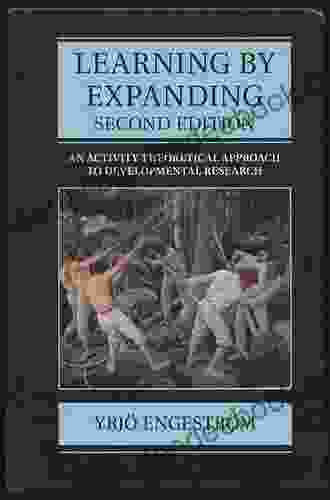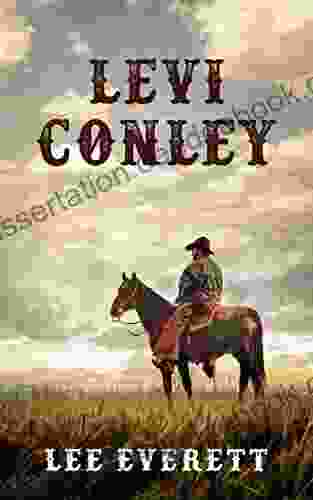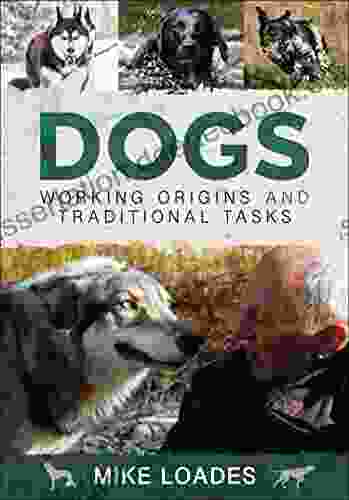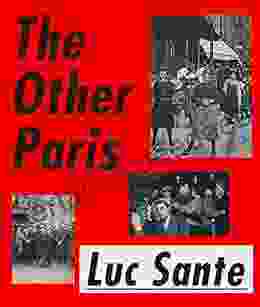An Activity Theoretical Approach to Developmental Research: Unveiling the Link Between Culture, Context, and Individual Development

The Activity Theoretical Approach (ATA) offers a unique lens through which to examine developmental research, shedding light on the intricate interplay of culture, context, and individual development. This article delves into the core principles of ATA, providing a comprehensive overview of its concepts and applications, as well as its transformative potential in understanding the complex dynamics of development.
Activity Theory: A Foundation for Developmental Research
ATA is rooted in the sociocultural theory of Lev Vygotsky, emphasizing the profound influence of social interactions and cultural tools on cognitive development. Vygotsky's central concept of the "zone of proximal development" highlights the crucial role of social interactions in facilitating individual growth and learning.
4.3 out of 5
| Language | : | English |
| File size | : | 2002 KB |
| Text-to-Speech | : | Enabled |
| Screen Reader | : | Supported |
| Enhanced typesetting | : | Enabled |
| Word Wise | : | Enabled |
| Print length | : | 337 pages |
Building upon Vygotsky's work, subsequent researchers such as Yrjo Engestrom, Jean Lave, and Etienne Wenger expanded ATA to encompass the broader context of human activity. They emphasized the significance of cultural and historical factors in shaping individual development.
Key Concepts of the Activity Theoretical Approach
ATA is characterized by several key concepts that provide a framework for analyzing developmental processes:
- Activity: The central unit of analysis in ATA, activity refers to a purposeful, goal-directed engagement of individuals within a specific context.
- Object: The goal or purpose towards which an activity is directed.
- Tool: Any cultural or psychological resource that individuals utilize to mediate their activities, such as language, symbols, or technology.
- Community: The social and cultural context within which activities take place, encompassing shared norms, values, and practices.
- Division of Labor: The distribution of tasks and responsibilities within a community, shaping individual roles and opportunities.
ATA in Action: Exploring Developmental Processes
ATA provides a valuable framework for investigating a wide range of developmental phenomena, including:
- Learning: ATA emphasizes the situated nature of learning, highlighting the role of social interactions and cultural tools in knowledge acquisition.
- Cognitive Development: ATA focuses on the dynamic interplay between individual cognition and social and cultural contexts, challenging the traditional view of cognition as a purely individual process.
- Identity Formation: ATA explores how individuals construct their identities through participation in various activities and communities.
- Socialization: ATA examines the processes by which individuals internalize cultural values and norms, becoming members of their social groups.
Methodological Implications of ATA
ATA has significant implications for developmental research methodologies, encouraging researchers to:
- Adopt a holistic approach: Examine development within its broader social, cultural, and historical contexts.
- Utilize qualitative methods: Conduct in-depth observations, interviews, and document analysis to capture the complexities of real-world activities.
- Engage in longitudinal studies: Track developmental processes over time to understand the dynamic nature of change.
- Foster collaboration: Involve participants in the research process, valuing their perspectives and experiences.
Examples of ATA Research in Developmental Psychology
ATA has been applied in numerous developmental research studies, yielding valuable insights into the intricate relationship between culture, context, and individual development. Some notable examples include:
- Literacy development: Studies have explored the role of social interactions and cultural practices in shaping literacy acquisition.
- Mathematical thinking: Research has examined how cultural tools and community norms influence the development of mathematical concepts.
- Identity formation: ATA has been used to investigate how participation in different communities shapes individuals' self-perceptions and sense of belonging.
: The Transformative Potential of ATA
The Activity Theoretical Approach offers a transformative lens for developmental research, providing a holistic understanding of the complex interplay of culture, context, and individual development. By emphasizing the situated nature of learning, cognition, and identity formation, ATA challenges traditional perspectives and opens new avenues for research and practice. As researchers continue to harness the power of ATA, we can expect to gain even deeper insights into the dynamic processes that shape human development.
4.3 out of 5
| Language | : | English |
| File size | : | 2002 KB |
| Text-to-Speech | : | Enabled |
| Screen Reader | : | Supported |
| Enhanced typesetting | : | Enabled |
| Word Wise | : | Enabled |
| Print length | : | 337 pages |
Do you want to contribute by writing guest posts on this blog?
Please contact us and send us a resume of previous articles that you have written.
 Chapter
Chapter Text
Text Genre
Genre Paperback
Paperback E-book
E-book Newspaper
Newspaper Sentence
Sentence Bookmark
Bookmark Glossary
Glossary Preface
Preface Synopsis
Synopsis Annotation
Annotation Manuscript
Manuscript Scroll
Scroll Codex
Codex Bestseller
Bestseller Library card
Library card Biography
Biography Autobiography
Autobiography Thesaurus
Thesaurus Character
Character Card Catalog
Card Catalog Borrowing
Borrowing Stacks
Stacks Archives
Archives Periodicals
Periodicals Study
Study Scholarly
Scholarly Lending
Lending Reserve
Reserve Academic
Academic Reading Room
Reading Room Rare Books
Rare Books Literacy
Literacy Study Group
Study Group Thesis
Thesis Storytelling
Storytelling Awards
Awards Book Club
Book Club Theory
Theory 29 Minute Books
29 Minute Books Jack Stainton
Jack Stainton Michael Steen
Michael Steen Mario Vargas Llosa
Mario Vargas Llosa Hoyeol Kim
Hoyeol Kim Novella Bardelli
Novella Bardelli Lise Olsen
Lise Olsen Wei Hui
Wei Hui Dave Kilgore
Dave Kilgore Louis Alexandre Berg
Louis Alexandre Berg Jessamyn Salinas
Jessamyn Salinas Megan Brooks
Megan Brooks Wayne Meyers
Wayne Meyers Malcolm Fraser
Malcolm Fraser Mark Beaumont
Mark Beaumont Alyssa Cole
Alyssa Cole Mark Ribowsky
Mark Ribowsky Bernard Seifert
Bernard Seifert Brad Kullman
Brad Kullman Simon Akam
Simon Akam
Light bulbAdvertise smarter! Our strategic ad space ensures maximum exposure. Reserve your spot today!
 Ibrahim BlairFollow ·14.5k
Ibrahim BlairFollow ·14.5k Don ColemanFollow ·9k
Don ColemanFollow ·9k Asher BellFollow ·16k
Asher BellFollow ·16k Fernando PessoaFollow ·10.8k
Fernando PessoaFollow ·10.8k Robert FrostFollow ·10.9k
Robert FrostFollow ·10.9k Barry BryantFollow ·5.2k
Barry BryantFollow ·5.2k Melvin BlairFollow ·18.4k
Melvin BlairFollow ·18.4k T.S. EliotFollow ·10.1k
T.S. EliotFollow ·10.1k

 Keith Cox
Keith CoxFrench Pieces for Flute and Piano: A Journey into...
The world of...
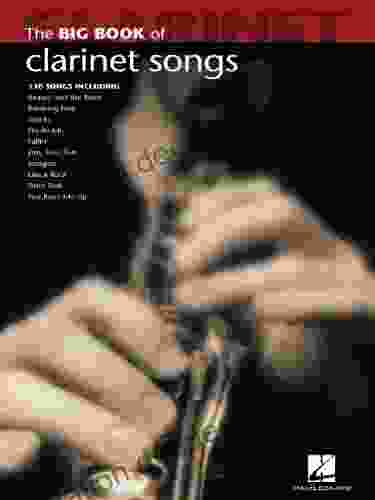
 Justin Bell
Justin BellThe Big Clarinet Songbook: A Musical Treasure for...
The clarinet, with its rich...
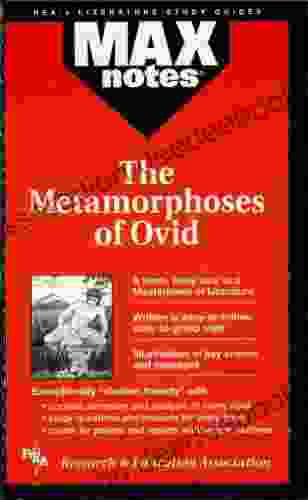
 Jamie Blair
Jamie BlairThe Metamorphoses of Ovid: A Masterpiece of...
An Epic Tapestry of Mythology and...
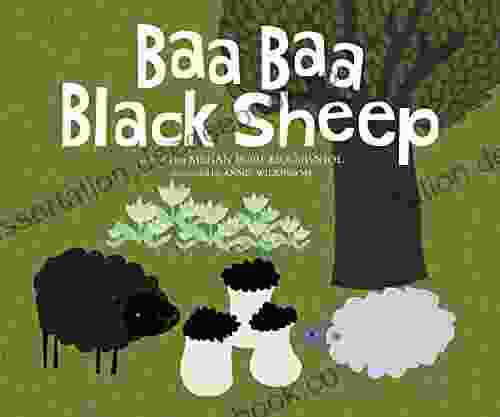
 Alan Turner
Alan TurnerBaa Baa Black Sheep: A Classic Sing-Along Song for Kids
Baa Baa Black Sheep...

 Bradley Dixon
Bradley DixonUnveiling the Enigmatic Shakespeare Spy: The...
Prologue: The Shadowy World...

 Gilbert Cox
Gilbert CoxUnleash Your Creativity with Plastic Craft Lace Projects:...
Plastic craft lace is a...
4.3 out of 5
| Language | : | English |
| File size | : | 2002 KB |
| Text-to-Speech | : | Enabled |
| Screen Reader | : | Supported |
| Enhanced typesetting | : | Enabled |
| Word Wise | : | Enabled |
| Print length | : | 337 pages |


